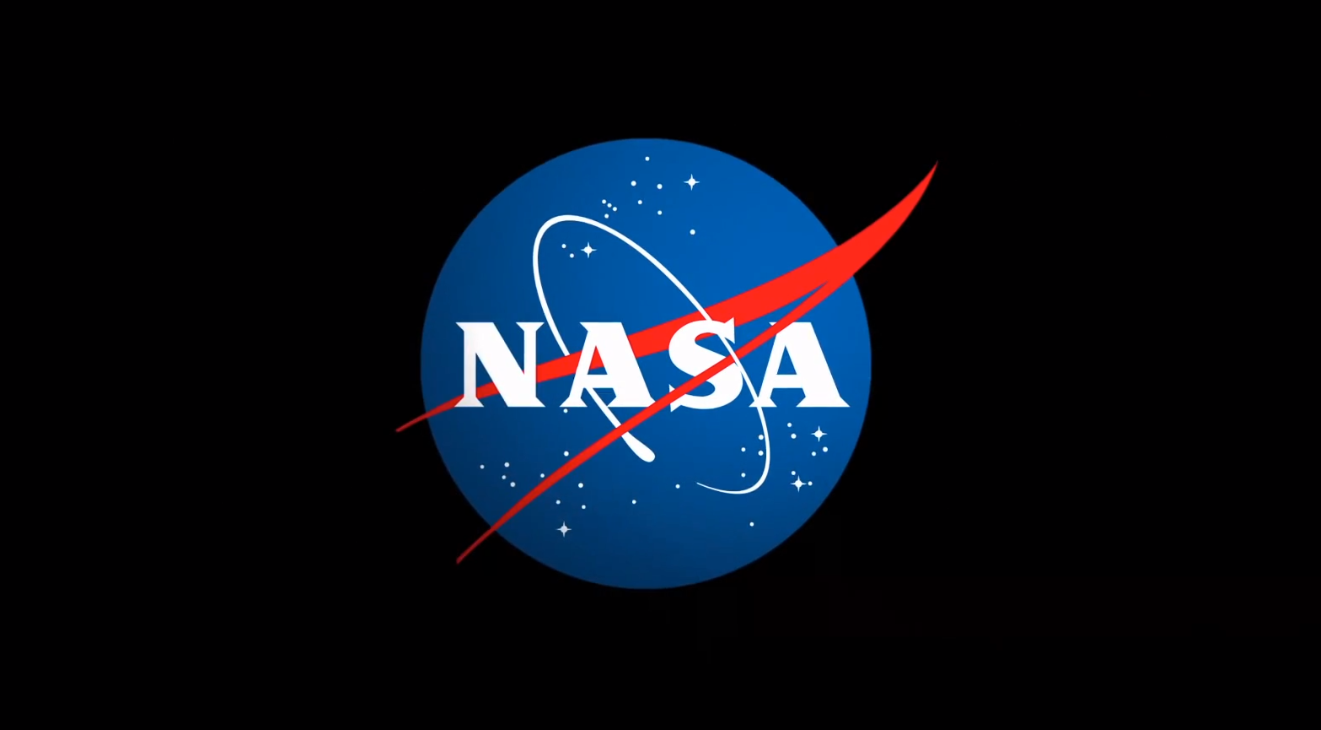PROTECT YOUR DNA WITH QUANTUM TECHNOLOGY
Orgo-Life the new way to the future Advertising by AdpathwayNASA announced 10 winning teams for its latest TechLeap Prize — the Space Technology Payload Challenge — on June 26. The winners emerged from a record-breaking field of more than 200 applicants to earn cash prizes worth up to $500,000, if they have a flight-ready unit. Recipients may also have the opportunity to flight test their technologies.
NASA's Biological and Physical Sciences (BPS) division is supporting the emerging space economy through challenges like TechLeap. The projects receive funding through the Commercially Enabled Rapid Space Science (CERISS) initiative, which pairs government research goals with commercial innovation.
Two awardees’ capabilities specifically address BPS research priorities, which include conducting investigations that inform future space crops and advance precision health.
Ambrosia Space Manufacturing Corporation is developing a centrifuge system to separate nutrients from cell cultures — potentially creating space-based food processing that could turn algae into digestible meals for astronauts.
Helogen Corporation is building an automated laboratory system that can run biological experiments without requiring astronaut involvement and may be able to transmit real-time data to researchers on Earth without having to wait for physical samples to return.
"The innovations of these small- and midsize businesses could enable NASA to accelerate the pace of critical research,” says Dan Walsh, BPS’s program executive for CERISS. “It’s also an example of NASA enabling the emerging space industry to grow and thrive beyond big corporations."
Every inch and ounce counts on a spacecraft, which means the winning teams have to think small while solving big problems.
Commercial companies play a pivotal role in enabling space-based research — they bring fresh approaches to ongoing challenges. But space missions demand a different kind of innovation, and TechLeap teams face both time and size constraints for their experiments.
Winners have six to nine months to demonstrate that their concepts work. That’s a significant contrast from traditional space technology development, which can stretch for years.
The research serves a larger purpose as well. The technology helps NASA "know before we go" on longer, deep-space missions to the Moon and Mars. Understanding how technologies behave in microgravity or extreme environments can prevent costly failures when astronauts are far from Earth.
Small investments in proof-of-concept technologies can bring in a high ROI. With the TechLeap Prize, BPS is betting that big ideas will come in small packages.
TechLeap Prize - Space Technology Payload Challenge (STPC)























 English (US) ·
English (US) ·  French (CA) ·
French (CA) ·